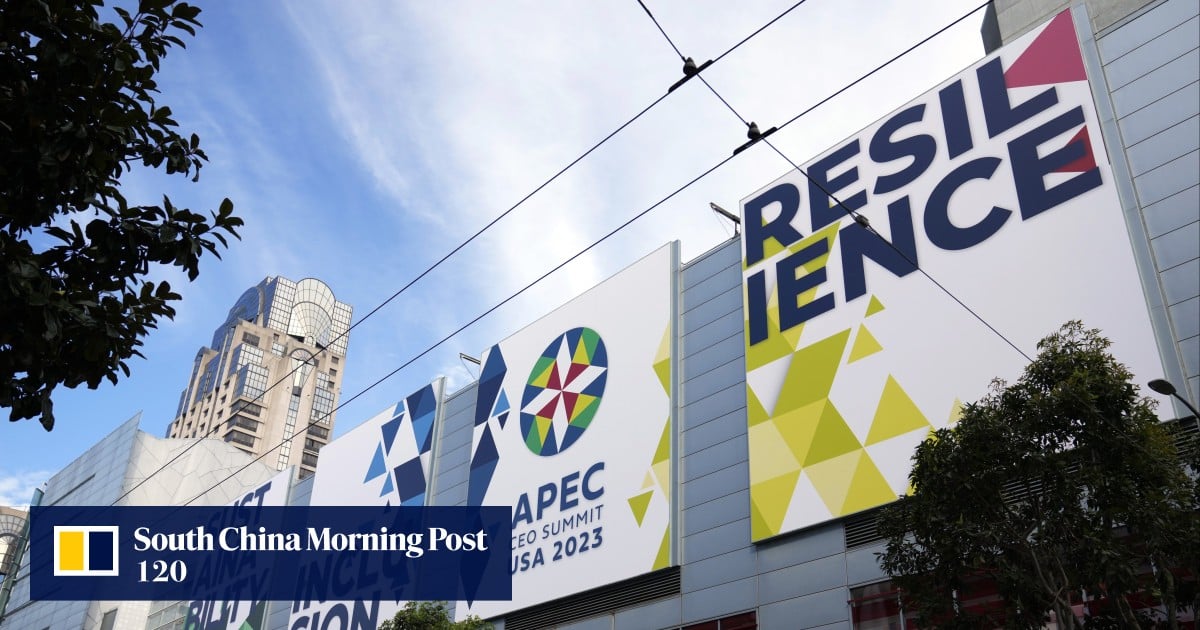45 countries have joined an initiative led by the United States to establish a foundation for the responsible military utilization of artificial intelligence (AI). This move was praised by the State Department as a crucial step in mitigating risks associated with advanced AI systems.
The US introduced the Political Declaration on Responsible Military Use of Artificial Intelligence and Autonomy back in February. Currently, the nation is hosting the Asia-Pacific Economic Cooperation conference in San Francisco, where AI plays a pivotal role in the agenda.
The State Department outlined that the initiative comprises ten key steps, marking a substantial advancement in establishing a global framework for accountability. This framework aims to allow nations to harness the benefits of AI while minimizing potential risks.
As per the State Department, the program sets the stage for ongoing discussions among nations on the responsible deployment of AI technologies. This includes the exchange of best practices, high-level dialogues among experts, and activities to enhance capabilities.
During the conference on Wednesday, Presidents Joe Biden and Xi Jinping are anticipated to declare a moratorium on the use of AI in smart weaponry like robots, as well as in the supervision and operation of nuclear missiles.
Matt Murray, the senior American official for Apec, highlighted that the conference in San Francisco on Monday presented a valuable opportunity for countries to further the discourse on AI.
Undoubtedly, there is a growing interest in collaborative efforts in this domain, Murray emphasized.
As Xi and Biden gear up for the APEC summit, concerns have been raised about potential disruptions to the delicate equilibrium.
Nonetheless, Murray expressed that there are no immediate plans to announce a comprehensive agreement or understanding specific to AI, at least within Apec.
Regarding the anticipated AI agreement at the forthcoming bilateral meeting between Biden and Xi, Murray stated that he was not privy to any details.
While China opted out of the Washington-led initiative on Monday, 28 nations, including the US and the European Union, recently agreed to a document outlining strategies to address the potentially grave threats posed by AI.
Michelle Donelan, the British Secretary for Technology, Innovation, and Technology, hailed China’s involvement in the UK-hosted AI security summit and the drafting of the Bletchley Declaration as significant achievements. She underscored the importance of these initiatives in advancing the agenda on AI governance.
On November 1, Michelle Donelan, the Secretary for Technology, Innovation, and Technology in the United Kingdom, is scheduled to deliver a speech at an AI safety summit in Bletchley, England.
During a speech at the Brookings Institution in Washington, Donelan highlighted that the US, UK, and China currently lead the global AI landscape. This development carries substantial implications for all stakeholders involved.
Sam Bresnick from Georgetown University’s Centre for Security and Emerging Technology noted that Beijing’s decision to abstain from endorsing the declaration on Monday was not unexpected given the competitive dynamics between the US and China.
Bresnick suggested that while China may support several proposals within the declaration, it is hesitant to align with a US-led initiative on accountable military AI practices.
Tong Zhao from the Carnegie Endowment for International Peace echoed the sentiment, emphasizing that China’s approach to AI strategy should be agile and adaptable.
Despite the ongoing military tensions with the US and its allies, Zhao highlighted that China prefers to observe global developments in AI regulation attentively while maintaining flexibility in its stance. This approach enables China to engage in international dialogues on AI governance without committing to binding agreements that could impede its AI development and deployment capabilities.
Participation in broad international discussions on AI regulation not only provides China with insights into cutting-edge AI concepts and advancements but also bolsters its image as a responsible global actor, Zhao added. This involvement ensures that China remains influential in shaping future norms and regulations governing AI technologies.






